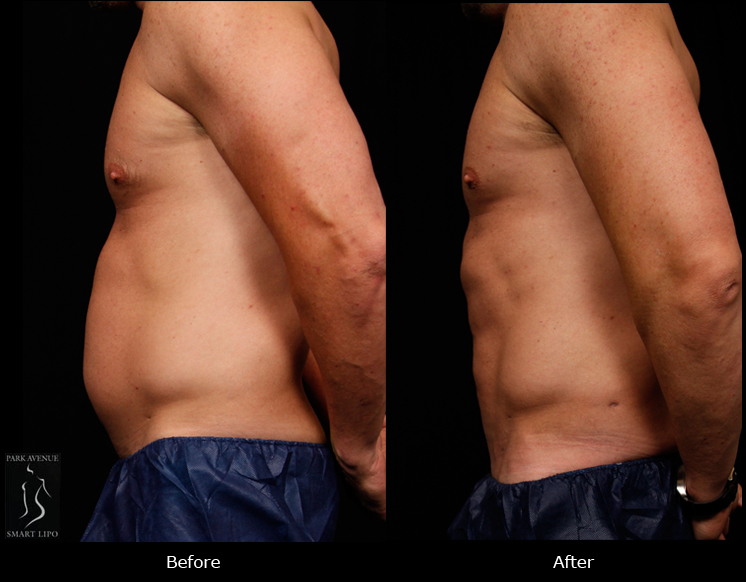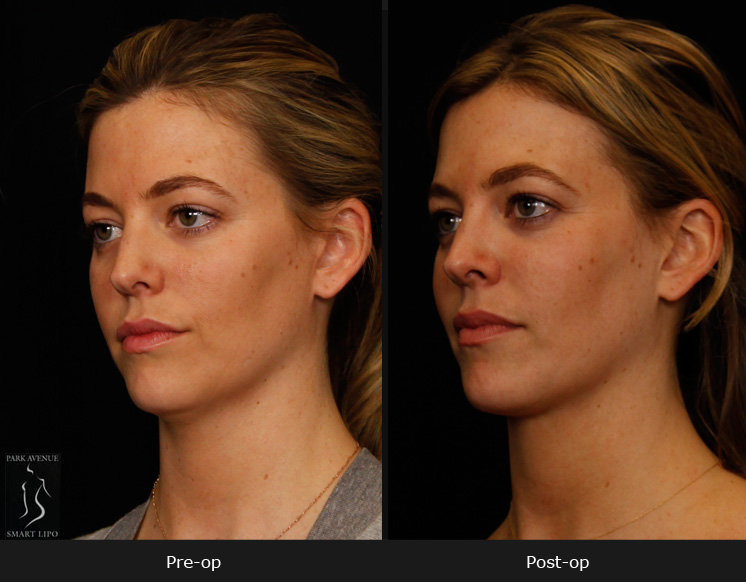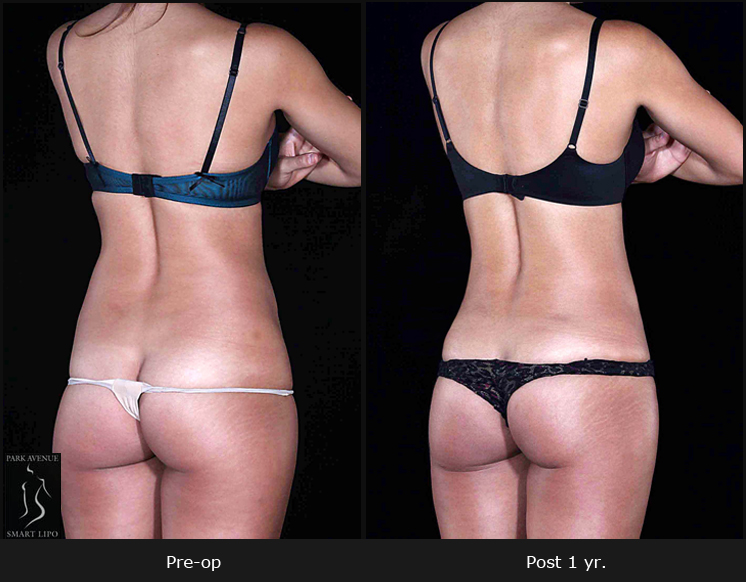Laser liposuction is widely recommended as a safe and effective body contouring technique. Plastic surgery practices in NYC provide customized treatments by skilled surgeons who are specially trained in using the FDA-approved Smartlipo Triplex laser liposuction device to help men and women achieve their aesthetic goals. The procedure needs only local anesthesia and involves minimal downtime. Having a proactive approach can help recovery. Here are some tips to promote smooth recovery after laser lipolysis:
- Watch your diet: Eat a balanced diet during the recovery phase. Reduce intake of salt and sugar, increase intake of protein, and eat small meals spread throughout the day.
- Work out right: Restrict movement on the first day following the liposuction surgery. After that, start off with light walking and gradually get back to your normal workout. Don’t attempt heavy workouts until you heal completely.
- Take adequate rest: Don’t rush into normal routine. Resume your routine slowly based on what your body can tolerate. And importantly, pay attention to the needs of your body. When it comes to rest or eating, do what your body tells you to do.
- Stay hydrated: Drink plenty of water and low-calorie, non-carbonated beverages. Instead of just plain water every time, try high water content fruits and vegetables such as strawberries, grapefruit, zucchini and celery.
- Wear the right clothes: The clothes you wear should not pose a hindrance to recovery. Follow your surgeon’s instructions on wearing a compression garment.
- Take care of the incision: Take proper care of the incision to minimize risks of infection. Keep the area clean by changing the bandages as necessary.
- Take care of your scar: Using your fingers to rub the scar can minimize it. This will stimulate blood flow and increase the flow of skin-rejuvenating oxygen and nutrients to the area. If your surgeon recommends an ointment, use it. Avoid exposing the scar to sunlight for at least one year.
- Take recommended medications: Make sure you take the medications that your surgeon prescribes to manage pain and discomfort.
- Keep your post-op appointments: Meet your surgeon as scheduled. Your surgeon will monitor recovery progress at the post-op visits and give you further instructions to speed healing.
Watch out for complications. If you notice anything unusual, contact your surgeon immediately and schedule an appointment.

